Pregnancy Complications
Infant- and Family-Centered Developmental Care
Respiratory Infections
Neonatal Eye Health
Hygiene
Rare Diseases
GFCNI is proud to collaborate with an inspiring network of international bilateral and multilateral agenciesas well as NGOs dedicated to advancing neonatal and maternal health. These organizations bring global perspectives, expertise, and resources to the table, making an invaluable contribution to our shared mission of improving care for preterm and sick newborns.
On this page, you’ll find a comprehensive directory, sorted alphabetically by country, showcasing each organization’s name, logo, and website. Together, we are working across borders to create sustainable change, tackle disparities in healthcare, and advocate for the rights of babies and their families.
Explore our network and discover how these global partners are shaping the future of newborn health and care.
If your organization is interested in joining our network, please feel free to contact us at network(at)gfcni.org for more information.
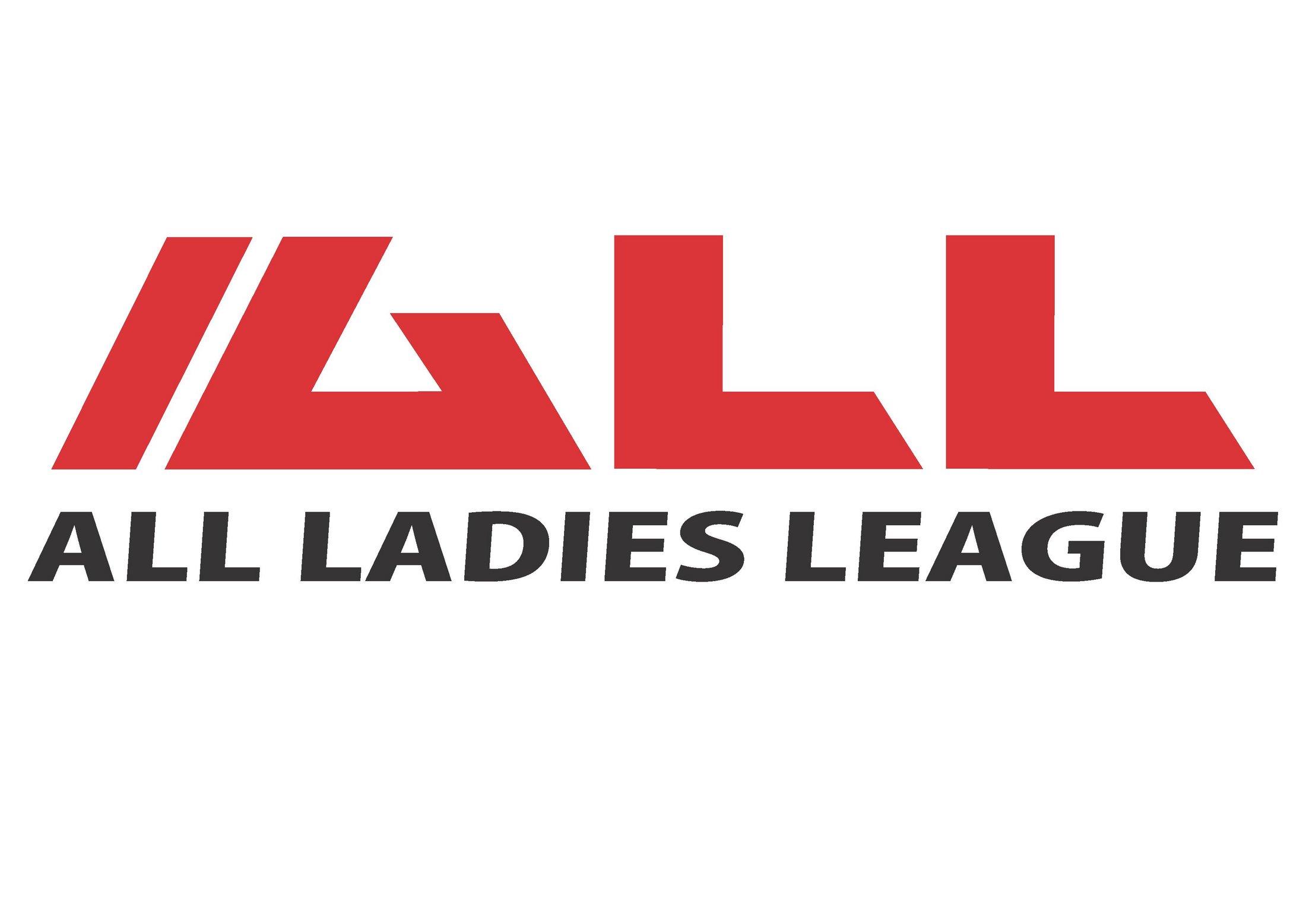
ALL Ladies League (ALL) is the world’s largest international network of women and the only global women’s chamber connecting inspiring women from all countries and cultures. It is a movement for the welfare, wealth, and wellbeing of ALL. With 30,000 members across 110 countries (and growing), ALL is like an “Internet of Women”—a fully inclusive global web of women’s leadership, friendship, and entrepreneurship in all spheres and sectors, at all levels, and for all communities and cultures.
The acronym ALL reflects our positive spirit and inclusive approach to empowering one and ALL through the unifying power of women’s leadership—characterized by care, courage, resilience, community responsibility, and belief in collective action. Through its unique culture and vast network, ALL generates powerful energy for building bridges, celebrating diversity, and fostering business and creative collaborations across borders. The Women Economic Forum is part of ALL Ladies League (ALL).
Website: ALL Ladies League | ALL
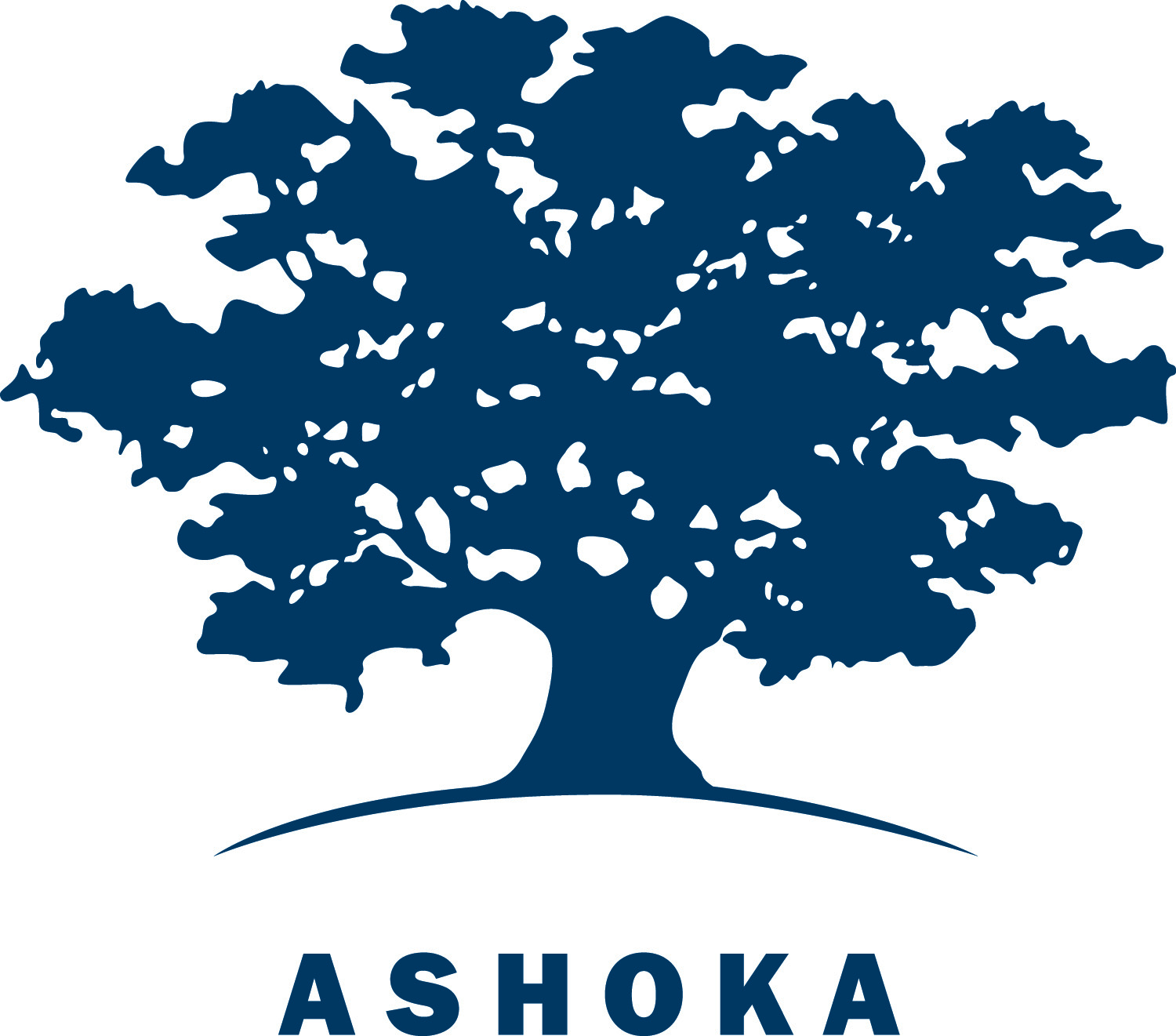
Ashoka is the world’s largest network of social entrepreneurs, with nearly 3,000 Ashoka Fellows in 70 countries implementing system-changing ideas on a global scale. Founded by Bill Drayton in 1980, Ashoka provides start-up financing, professional support, global connections across business and social sectors, and a platform for people committed to changing the world.
Ashoka pioneered the field of social entrepreneurship and has activated multi-sector partnerships worldwide. Increasingly, these partners look to entrepreneurial talent and new ideas to solve social challenges.
Ashoka Fellows remain the heart of the community, offering insights into global shifts and emerging needs. Ashoka’s mission has evolved from supporting individual entrepreneurs to creating a world where “everyone is a changemaker”—equipping people, including youth, with the skills and purpose needed to generate solutions at any scale, from local to global.
Website: Home | Ashoka | Everyone a Changemaker
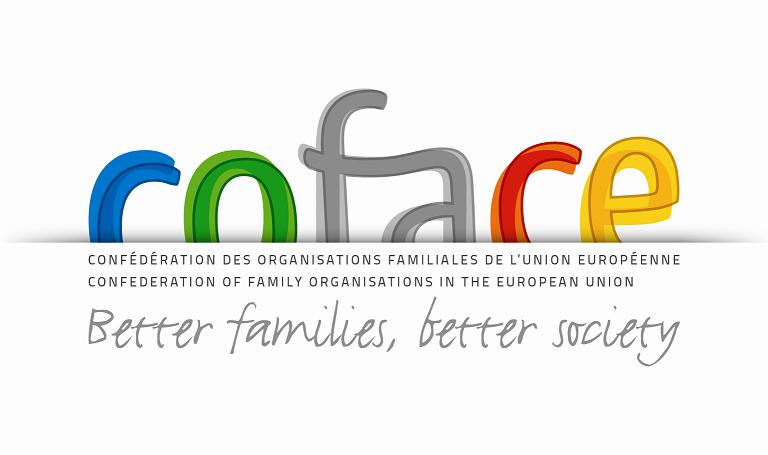
The Confederation of Family Organisations in the European Union (COFACE) is a pluralistic organization that promotes family policy, intergenerational solidarity, and the interests of children within the European Union.
COFACE advocates for non-discrimination and equal opportunities for all individuals and family types, and strongly supports gender equality policies. Established in 1958, COFACE has brought together family organizations across Europe to work on issues such as work-life balance, children’s wellbeing, intergenerational solidarity, migrant families, people with disabilities, gender equality, parenting, health, education, and consumer affairs.
With over 50 member organizations across EU member states, COFACE gives voice to millions of families at the EU level.
Website: Energy crisis - Time to Stand by families | COFACE Families Europe

The Council of International Neonatal Nurses (COINN) is a dynamic organization representing nurses specializing in the care of newborn infants and their families. COINN plays a key role in the growing international neonatal nursing community and serves as a vital resource for nurses aiming to start national or local organizations, develop care guidelines or professional standards, or seek guidance on neonatal nursing issues.
Website: Welcome to COINN | The Council of International Neonatal Nurses
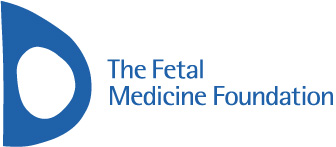
The Fetal Medicine Foundation (FMF) is a registered charity that aims to improve the health of pregnant women and their babies through research and training in fetal medicine. It is supported by The Fetal Medicine Centre and private donations.
With the backing of an international expert group, the Foundation has introduced educational programs for healthcare professionals and parents, along with certificates of competence in various areas of fetal medicine. Both the Foundation and the Centre are led by Professor Kypros Nicolaides, their founder and director.
Website: The Fetal Medicine Foundation

The Global Breastfeeding Initiative is a long-term public health campaign to raise societal awareness about the importance of breastfeeding for all infants. Developed by the EiP Institute, the initiative seeks to inform and educate stakeholders on the long-term health and wellbeing benefits of breastfeeding.
The initiative’s goal is to develop a global outreach strategy to identify and address real-life barriers to breastfeeding, making a measurable impact at the national level, country by country. Its multidisciplinary educational approach ensures effective engagement with parents, pediatricians, and policymakers.
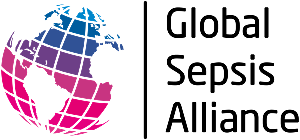
The Global Sepsis Alliance (GSA) is a non-profit charitable organization dedicated to reducing the global burden of sepsis. GSA initiated World Sepsis Day (September 13) and the World Sepsis Congress, a series of free, online global conferences to spread knowledge about sepsis.
Working with over 90 member organizations, patient advocacy groups, professional societies, healthcare authorities, and governments, GSA is helping to implement systemic changes in how sepsis is prioritized, diagnosed, and treated—aligned with the WHO Resolution on Sepsis.
Website: Global Sepsis Alliance

The Healthy Newborn Network (HNN) is a partnership of organizations and individual members committed to improving newborn health worldwide. Launched in 2010 as an initiative of Save the Children’s Saving Newborn Lives (SNL) Program, SNL serves as the HNN secretariat and is primarily responsible for maintaining the HNN website, including compiling resources and content. Active participation is encouraged—members can post resources, blogs, and comments.
HNN connects advocates across the globe and provides a platform for discussion and interaction on a wide range of newborn and maternal health topics. It also features a shared library of newborn health resources, offering the latest research, news, tools, events, articles, success stories, and more from HNN partners around the world.
Website: Healthy Newborn Network

The International Consortium for Health Outcomes Measurement (ICHOM) is a non-profit founded in 2012 by Michael E. Porter (Harvard Business School), Martin Ingvar (Karolinska Institutet), and Stefan Larsson (Boston Consulting Group). ICHOM’s mission is to unlock the potential of value-based healthcare by defining global Standard Sets of outcome measures that truly matter to patients and driving their adoption worldwide.
ICHOM has worked with over 30 countries and 600 organizations to implement routine outcomes measurement and facilitate the exchange of best practices to deliver higher value for patients and providers.
In August 2020, ICHOM launched the Preterm and Hospitalized Newborn Health Standard Set (NEO-SS). Developed by a working group of 21 international experts and patient representatives from 20 organizations across 15 countries (including EFCNI), NEO-SS sets the standard for measuring outcomes in neonatal care.
Website: ICHOM: Patient-centred outcomes through value-based healthcare
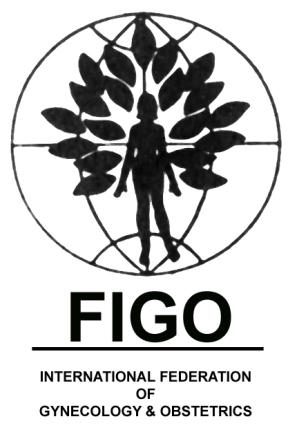
The International Federation of Gynecology and Obstetrics (FIGO) is the only global organization representing obstetricians and gynecologists, with member associations in 125 countries and territories.
FIGO envisions a world where all women achieve the highest possible standards of physical, mental, reproductive, and sexual health and wellbeing. Its mission is to improve women’s health and rights, reduce disparities in care for women and newborns, and advance the science and practice of obstetrics and gynecology.
FIGO pursues this mission through advocacy, programming, capacity-building among its member associations, education, and training.
Website: Homepage | Figo
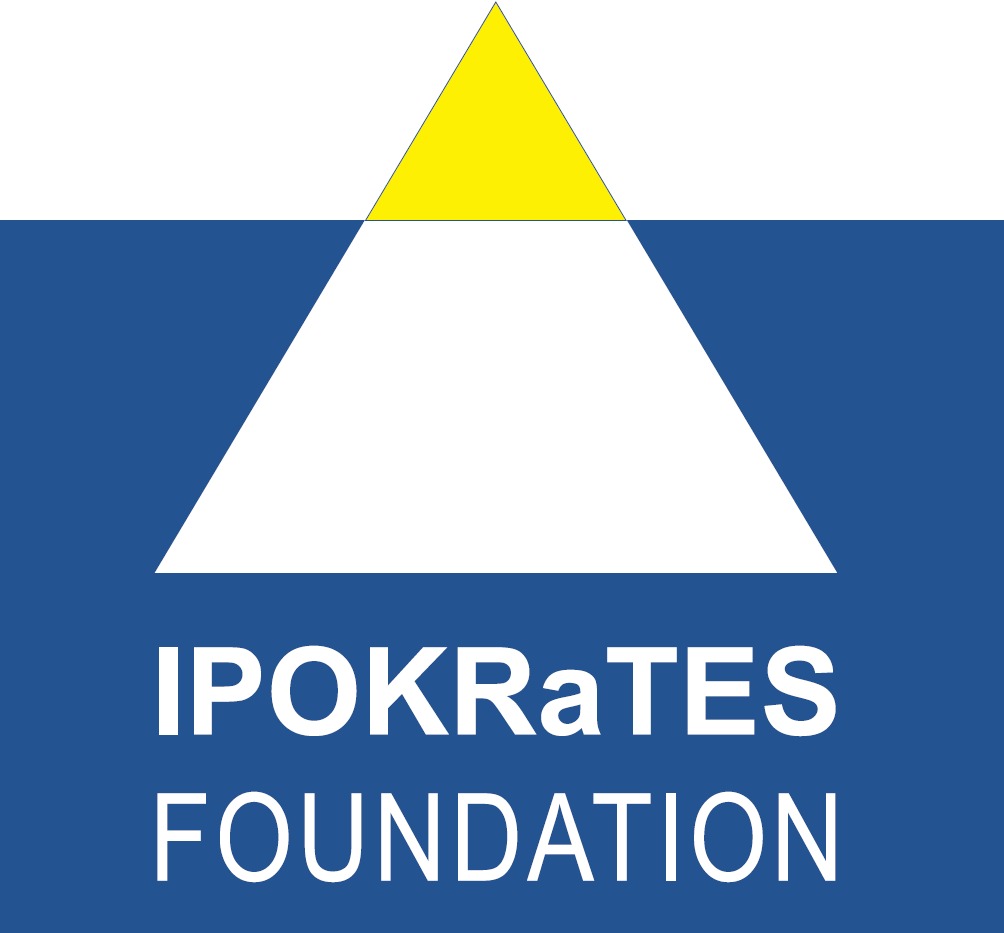
IPOKRaTES, short for International Postgraduate Organisation for Knowledge Transfer, Research, and Teaching Excellent Students, is a non-governmental, non-profit, and charitable academic society that offers postgraduate seminars primarily in pediatrics and neonatology around the world.
IPOKRaTES seminars provide high-quality education through small group sessions, enabling professionals to stay updated on the latest developments and offering opportunities for direct discussion of practical and scientific issues with international experts.
Website: Home - ipokrates
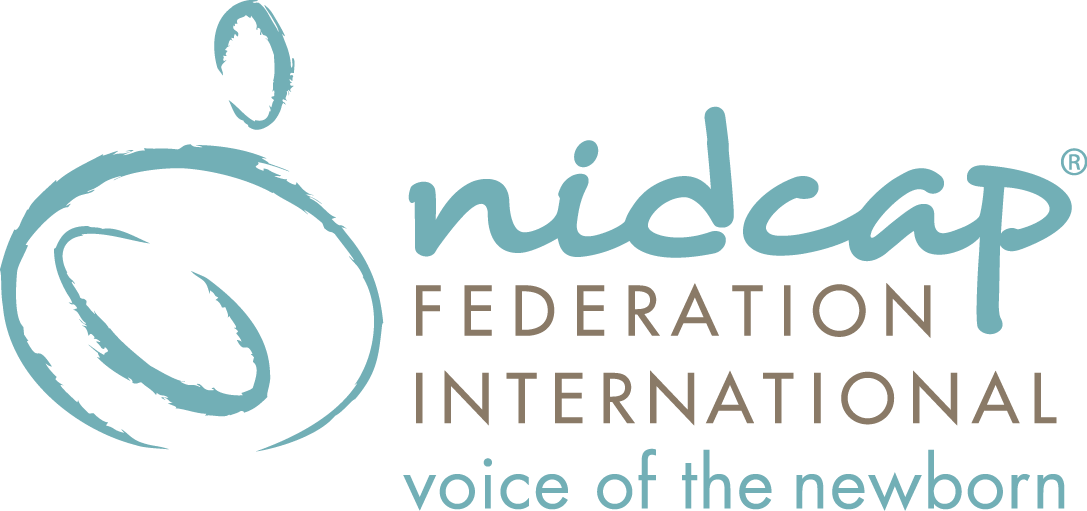
The NIDCAP Federation International (NFI) promotes the Newborn Individualized Developmental Care and Assessment Program (NIDCAP) in hospitals and advocates for its national and international implementation. The program supports the growth and development of preterm infants and aims to improve the quality of care and family support.
Formed in 2001, NFI is a private, non-profit, charitable organization committed to delivering the highest quality education and training for professionals who care for infants in neonatal intensive care units and support their families.
Website: Endorsements - NIDCAP
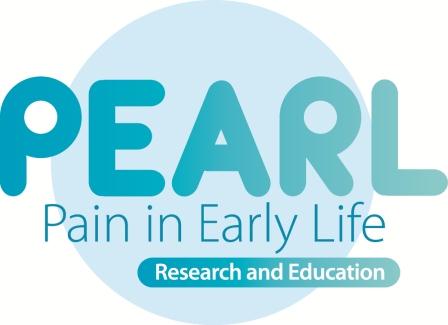
Pain in Early Life (PEARL) is a group of researchers—mainly from the Nordic countries—dedicated to helping children live without pain. PEARL specializes in non-pharmacological pain management, pain assessment, and the role of parents in managing pain.
PEARL targets three main groups: parents, healthcare professionals, and researchers, and collaborates with pain experts from around the world.
Website: PEARL - Pain in Early Life
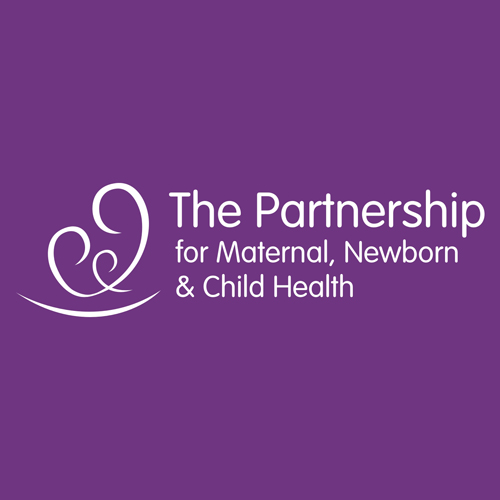
The Partnership for Maternal, Newborn & Child Health (PMNCH) unites the reproductive, maternal, newborn, and child health (RMNCH) communities into a coalition of more than 550 members across seven constituencies: academic and research institutions, donors and foundations, healthcare professionals, multilateral agencies, non-governmental organizations, partner countries, and the private sector. Together, they work toward a world in which all women, newborns, children, and adolescents are not only healthy—but thrive.
The Partnership enables members to align goals, share strategies and resources, and collaborate on interventions to achieve greater impact collectively. It plays a central role in facilitating joint actions—especially in advancing the United Nations Millennium Development Goals (MDGs) 4 and 5 (reducing child mortality and improving maternal health), as tracked by the Countdown to 2015 initiative, and in supporting the Global Strategy for Women’s and Children’s Health and Every Woman Every Child.
Website: About PMNCH
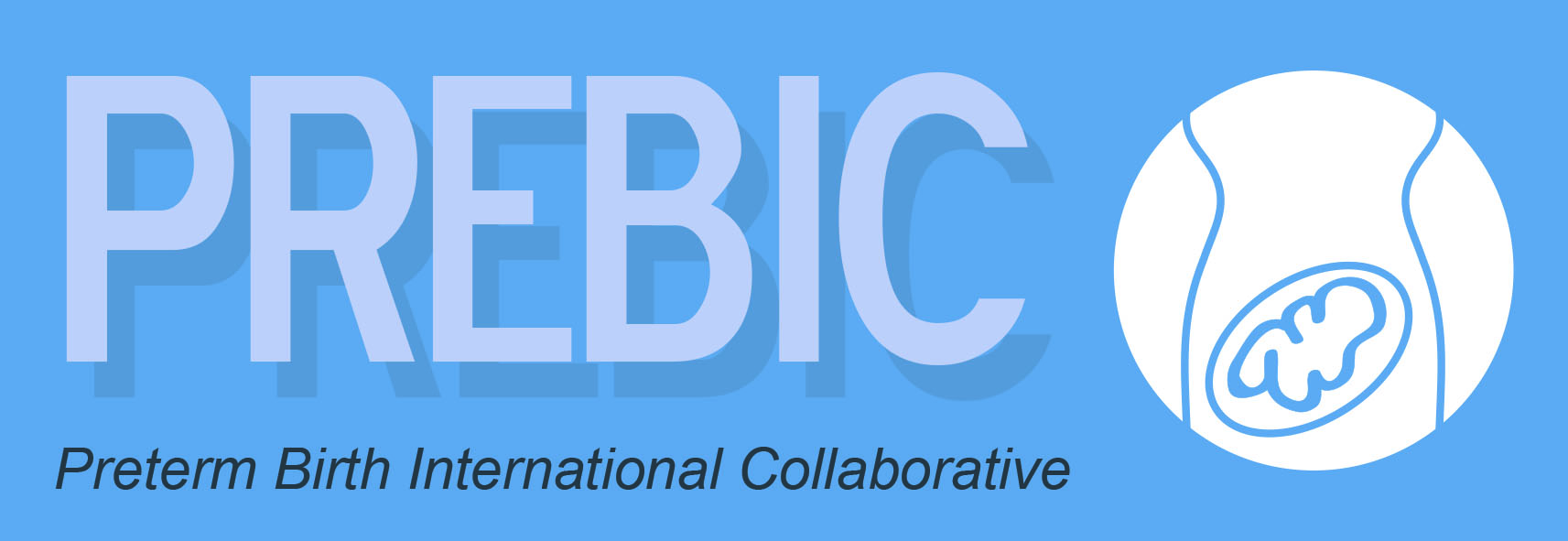
The Preterm Birth International Collaborative (PREBIC) Inc. is a non-profit organization supported by March of Dimes, USA, and the World Health Organization (WHO), Switzerland.
PREBIC is a global network of clinicians and research scientists working to improve pregnancy and birth outcomes to optimize infant health and long-term development. PREBIC’s preterm birth prevention programs include scientific workshops for healthcare professionals, coordination of research expertise networks, and annual scientific meetings held at the World Health Organization headquarters in Geneva.
Website: Prebic Global | Preterm Birth International Collaborative Global
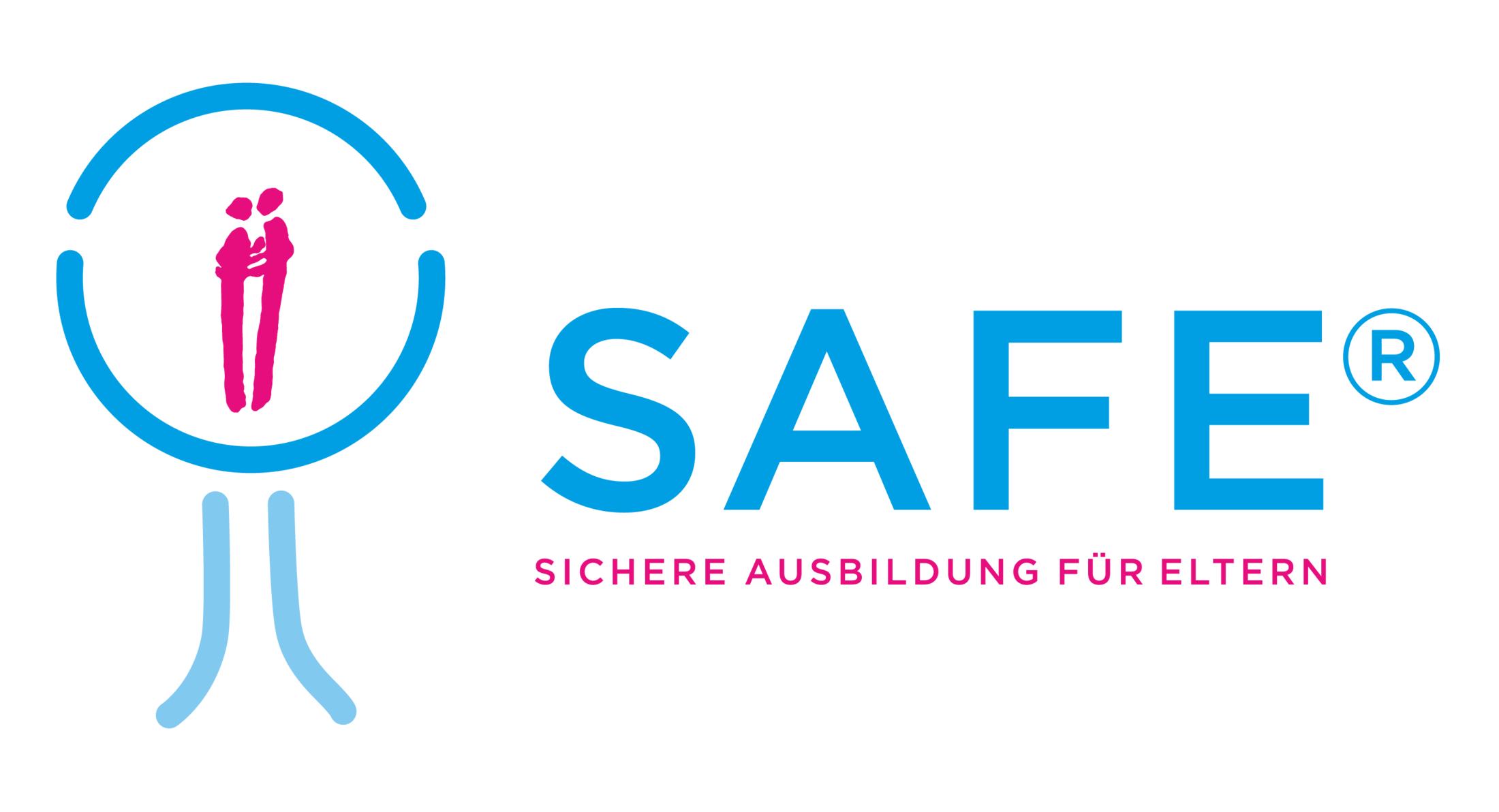
SAFE® (Secure Attachment Formation for Educators) is a training program designed to strengthen secure attachment between parents and their children. It focuses on preventing attachment disorders and the intergenerational transmission of early childhood trauma.
SAFE® targets all expectant parents up to the seventh month of pregnancy and continues in closed group settings through the child’s first year of life.
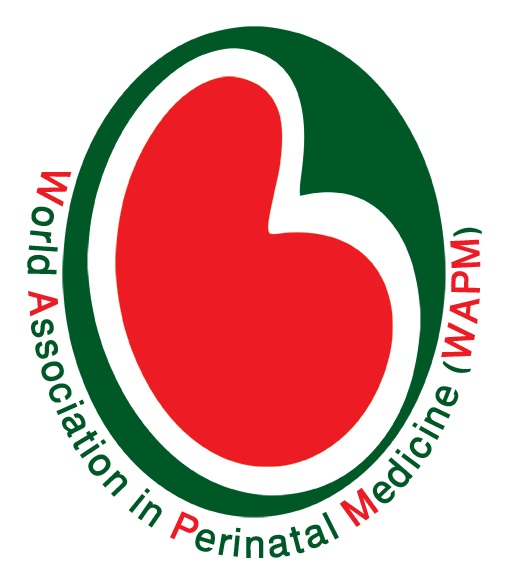
The World Association of Perinatal Medicine (WAPM) is a non-profit organization established and registered in Barcelona, Spain, as a continuation of the former World Federation of Perinatal Medicine. WAPM aims to unite individuals and groups globally to promote perinatal medicine for the benefit of both the public and professionals. Its objectives include:
Website: WAPM – World Association of Perinatal Medicine – WAPM – World Association of Perinatal Medicine

The Alliance for Childhood is a European network organization that aims to:
Website: Home | Alliance for Childhood European Network Group | Bruxelles
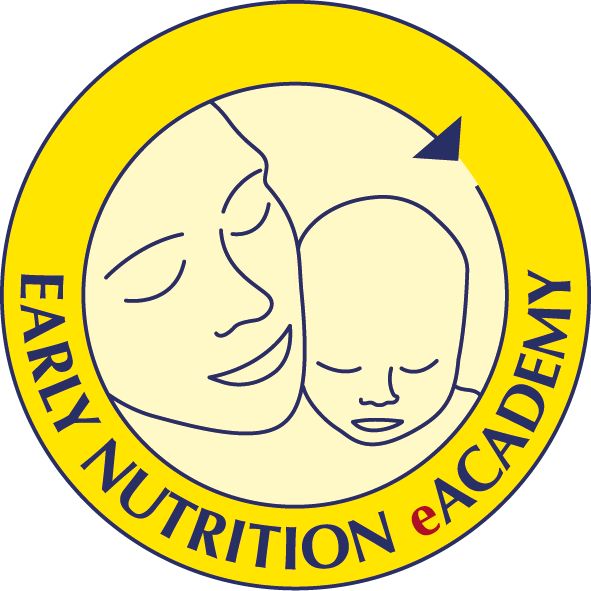
The Early Nutrition eAcademy (ENeA) is an e-learning initiative created through a collaboration between the Early Nutrition Academy (ENA) and the Dr. von Hauner Children’s Hospital at LMU Medical Center Munich.
Website: The Early Nutrition eAcademy
EURAIBI aims to prevent, treat, and study brain injury in fetuses and newborns by sharing the expertise of European centers of excellence in areas such as: fetal central nervous system pathophysiology, the maternal-fetal relationship, the intrauterine environment, diagnostic imaging, delivery room challenges, developmental care, and fetal and neonatal pain.
EURAIBI is particularly focused on maternal diseases during pregnancy, intrauterine infections, asphyxia, and the prenatal and postnatal treatment of infants at high risk for brain injury.
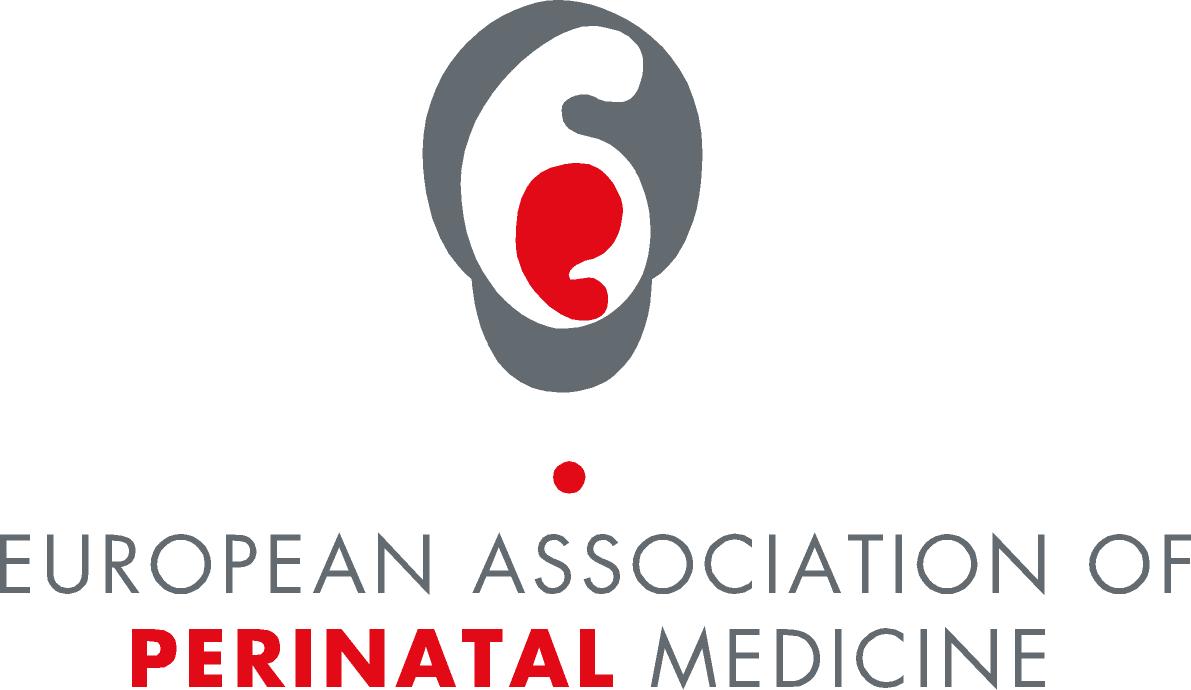
The European Association of Perinatal Medicine (EAPM) aims to unite individuals and groups in a European organization that promotes the science of perinatal and maternal medicine for the benefit of mothers and their children.
EAPM hosts a major European congress every two years and, through its working groups, organizes national and international educational courses and meetings. It promotes international research projects, develops guidelines, and conducts site visits to perinatal units to accredit teaching and training in perinatology.
Website: EAPM: European Association of Perinatal Medicine

The European Board of Neonatology (EBN) serves as the educational branch of the European Society for Paediatric Research (ESPR).
Through the EBN, the society offers hands-on pre-congress courses, workshops, and both summer and winter schools. These programs support essential areas of practice outlined in the European Curriculum and Syllabus for Training in Neonatology.
EBN also works in close collaboration with NOTE, an international Master’s-level (M) educational program in neonatal medicine designed for doctors and advanced neonatal nurse practitioners. NOTE is delivered online via a unique global Virtual Learning Environment (VLE).
All EBN courses are organized and taught by respected senior experts in their respective fields.
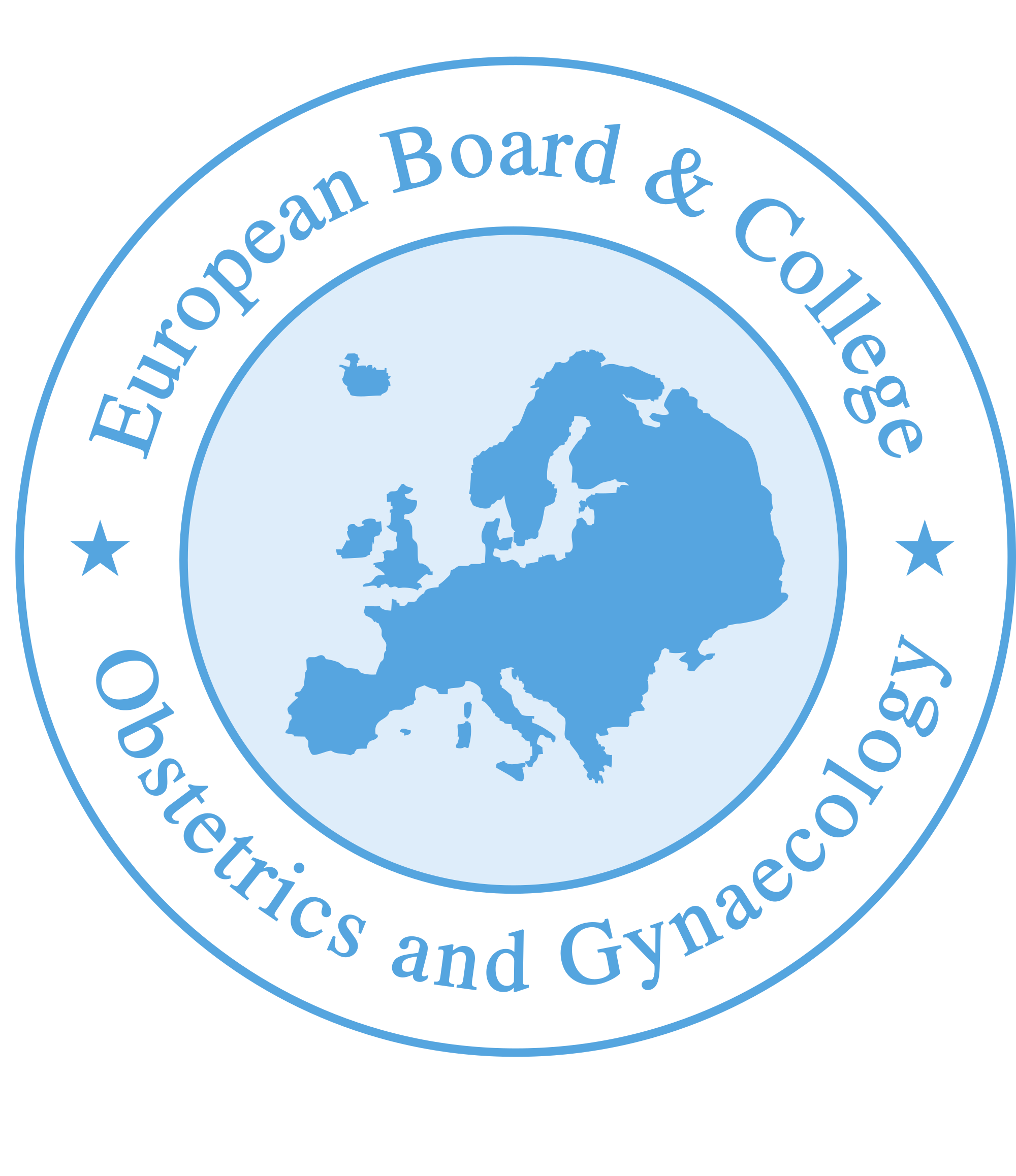
EBCOG is the Board and College of the Obstetrics and Gynecology Section of the Union Européenne des Médecins Spécialistes (UEMS). EBCOG was formed in 1996 through the merger of the European Board of Gynecology and Obstetrics (EBGO) and the European College of Obstetrics and Gynecology (ECOG).
EBCOG is based in Brussels and comprises 36 member countries. Its goal is to improve the health of women and their babies by promoting the highest standards of care across Europe. It brings together top-level professionals in obstetrics and gynecology from all member states.
Website: EBCOG - European Board & College of Obstetrics and Gynaecology Home
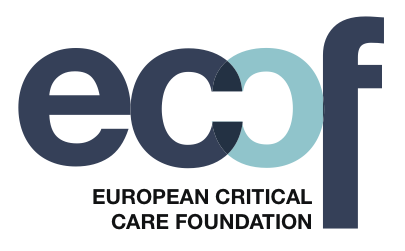
Over the last two decades, there has been major progress in survival rates following accidents, heart disease, and infectious diseases. Premature babies are surviving at higher rates, and scientific advancements continue to improve human health. However, as the potential to save lives grows, so do the ethical and practical dilemmas in applying that potential.
Doctors’ decisions about critically ill patients depend not only on current medical knowledge but also on various external factors beyond their control. These include financial, cultural, political, geographical, ethical, and philosophical considerations—as well as policies in areas like transportation.
The European Critical Care Foundation (ECCF) is a pioneering organization established to conduct independent research into such complex issues, with the goal of improving care for critically ill patients throughout Europe.
In a groundbreaking approach, ECCF brings together experts from medicine, law, philosophy, public policy, and science to identify and address the challenges affecting survival and care for critically ill patients. ECCF focuses not just on doctors and treatments, but on patient outcomes and overall impact.

The European Midwives Association (EMA) is a non-profit, non-governmental organization representing midwifery organizations and associations from the member states of the European Union (EU), the European Economic Area (EEA), and EU applicant countries.
Website: European Midwives Association
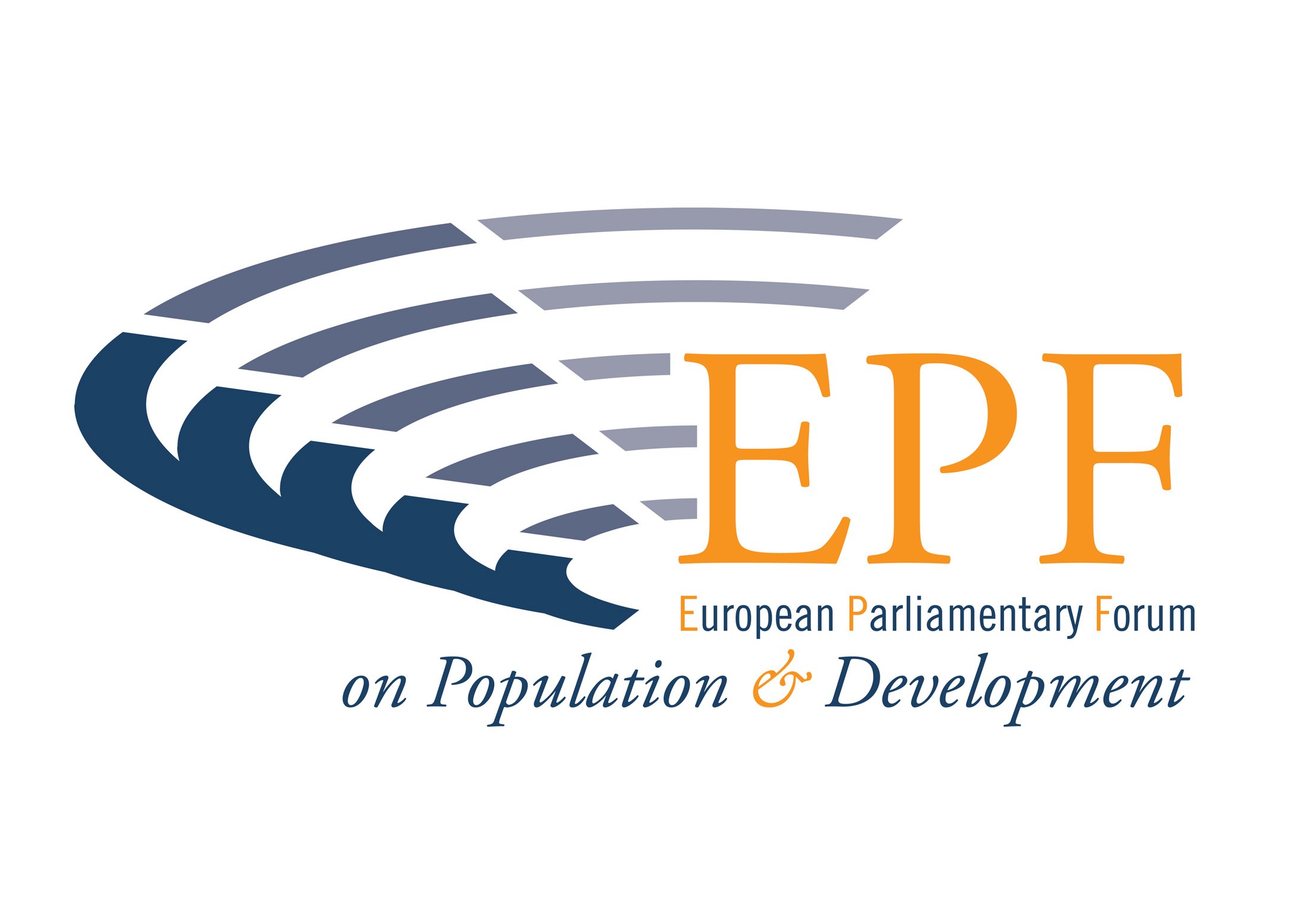
EPF is a network of members of parliament from across Europe who are dedicated to protecting the sexual and reproductive health of the world’s most vulnerable people, both within Europe and globally.
Website: EPF - homepage | EPF
NEOBRAIN unites small and medium-sized enterprises (SMEs), industry, and academic groups focused on the diagnosis, management, and neuroprotection of newborns with perinatal brain injury. The initiative centers on the prevention of brain damage, particularly in preterm infants.
Website: NEOBRAIN, committed to protect the newborn brain

The European Society for Paediatric Research (ESPR) has been a leader in pediatric healthcare and innovation since 1958.
As one of Europe’s oldest and most active pediatric research societies, ESPR organizes annual conferences, supports researchers with grants, offers a mentoring program, and shares leading scientific findings through its journal, Pediatric Research.
Together with the European Board of Neonatology (EBN)—ESPR’s educational arm—the society provides regular training courses that support core areas of the Neonatal Curriculum.
With a long history of achievement, ESPR continues to promote scientific excellence and foster collaboration across pediatric specialties, from bench to bedside.
Mission: To develop and apply research to improve newborn and child health.
Website: Welcome to ESPR - European Society for Paediatric Research

The European Society for Paediatric Gastroenterology, Hepatology and Nutrition (ESPGHAN) is a multi-professional organization whose mission is to promote the health of children, with special focus on the gastrointestinal tract, liver, and nutritional status. This is achieved through the creation of knowledge, dissemination of science-based information, promotion of best practices in care delivery, and the provision of high-quality education for pediatric gastroenterology, hepatology, and nutrition professionals in Europe and beyond.
Website: Home | ESPGHAN
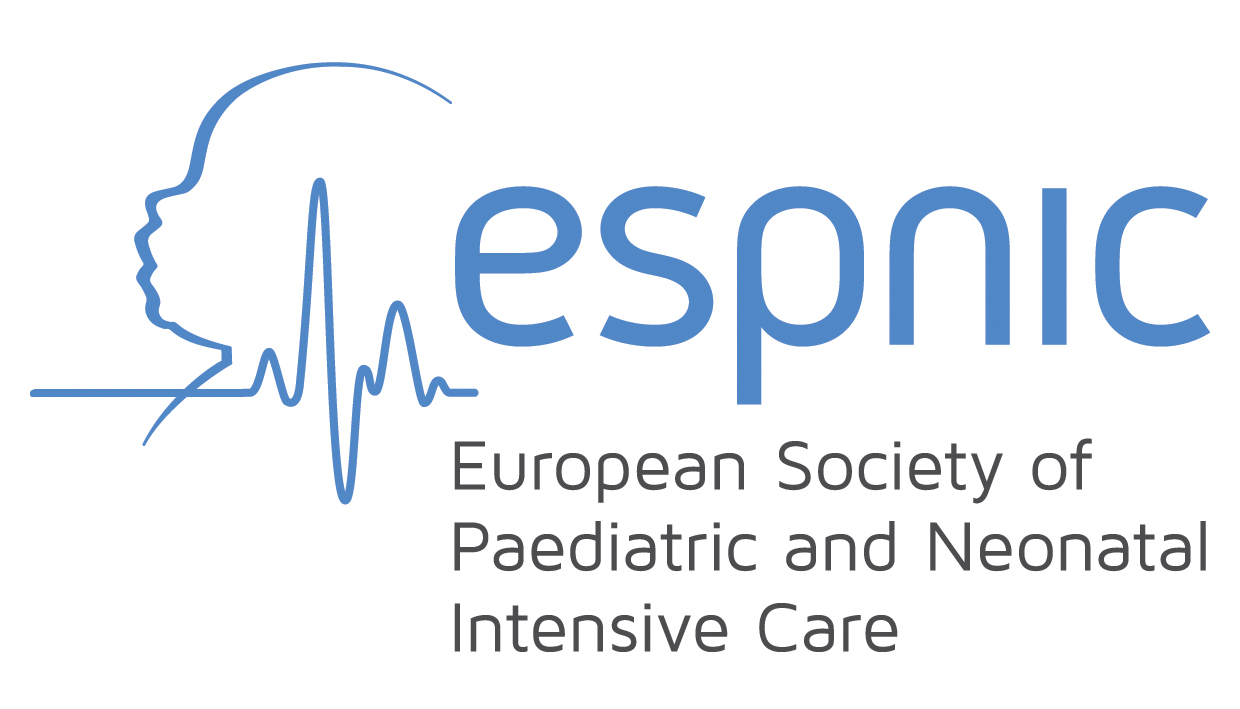
The European Society of Paediatric and Neonatal Intensive Care (ESPNIC) is a non-profit organization dedicated to the care of critically ill children and newborns. Our society consists of both nurses and doctors who are committed to sharing knowledge and improving the quality of pediatric and neonatal intensive care at both European and international levels. We are also deeply dedicated to promoting multidisciplinary collaboration among pediatric, neonatal, and adult intensivists, as well as nurses, while ensuring that our members have a strong voice in European and international healthcare.
In this endeavor, ESPNIC is committed to promoting and advancing the art and science of pediatric and neonatal intensive care. We raise awareness among professionals, and within European and international organizations, through a wide range of activities including annual congresses, training programs, educational courses, and networking opportunities with leading experts in pediatric and neonatal intensive care (PICU & NICU).
The Society offers doctors, nurses, and allied healthcare professionals the opportunity to shape their specialty at both national and international levels by fostering a strong networking platform within a multidisciplinary environment.
Website: European Society of Paediatric and Neonatal Intensive Care
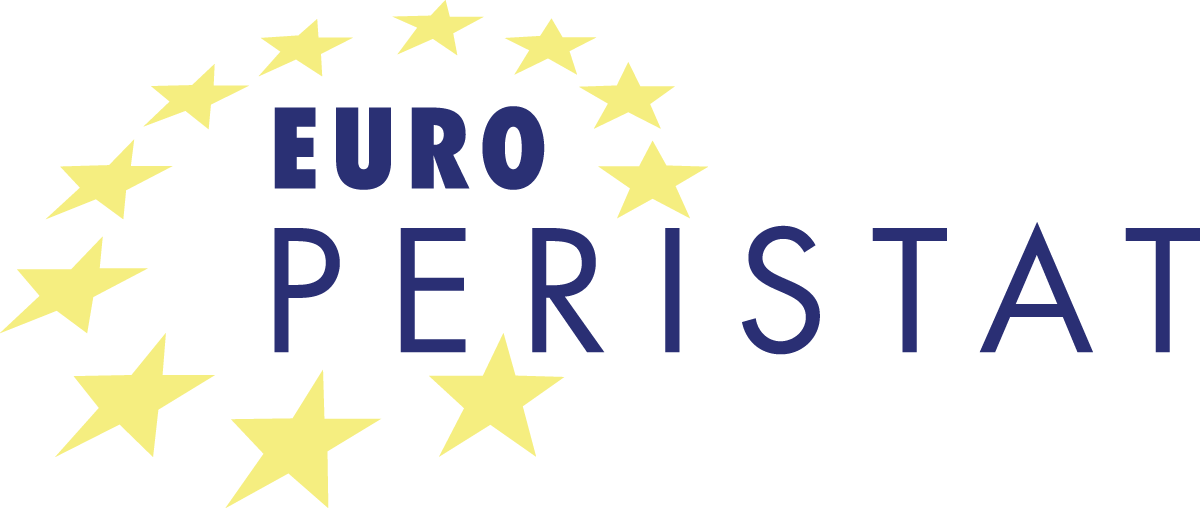
The EURO-PERISTAT Project aims to develop valid and reliable indicators for monitoring and evaluating perinatal health in the European Union. The project began in 1999 as part of the Health Monitoring Programme and is currently in its third phase. Its ultimate goal is to produce a European Perinatal Health Report and to establish a sustainable system for reporting perinatal health indicators.
Website: Welcome - Euro Peristat
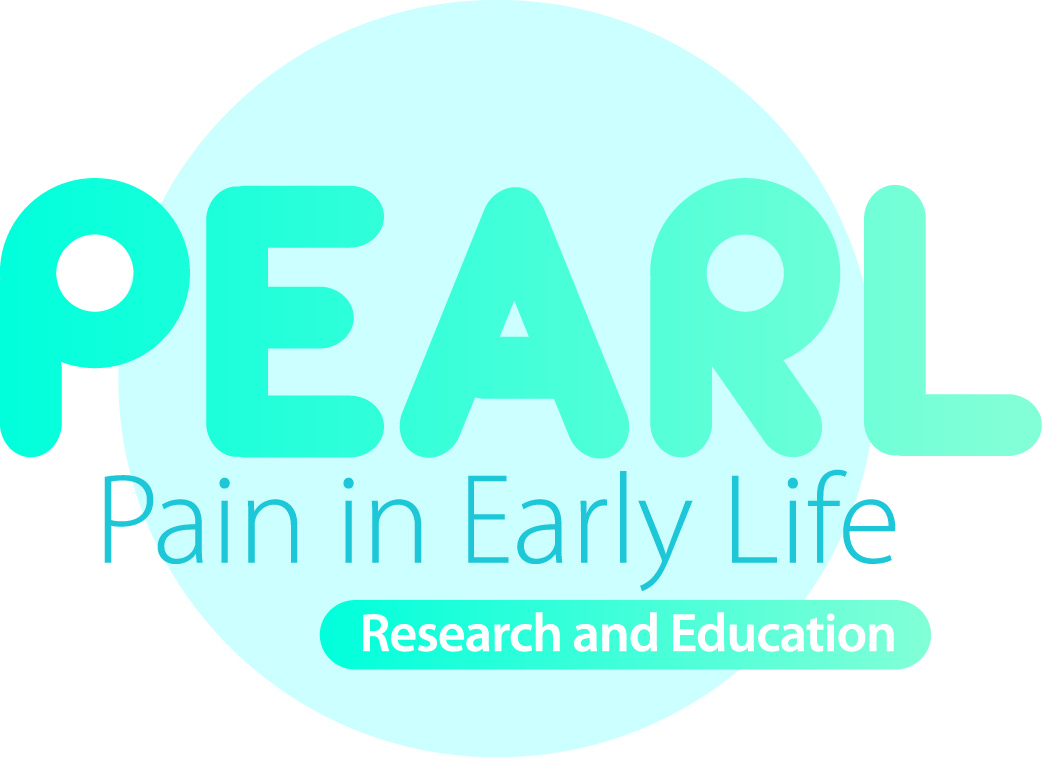
Pain in Early Life (PEARL) is a group of researchers—mainly from the Nordic countries—dedicated to helping children live lives free from pain. PEARL specializes in non-pharmacological pain management, pain assessment, and the involvement of parents in pain management.
Our work targets three main groups: parents, healthcare professionals, and researchers. PEARL collaborates with pain experts from around the world.
Website: PEARL - Pain in Early Life
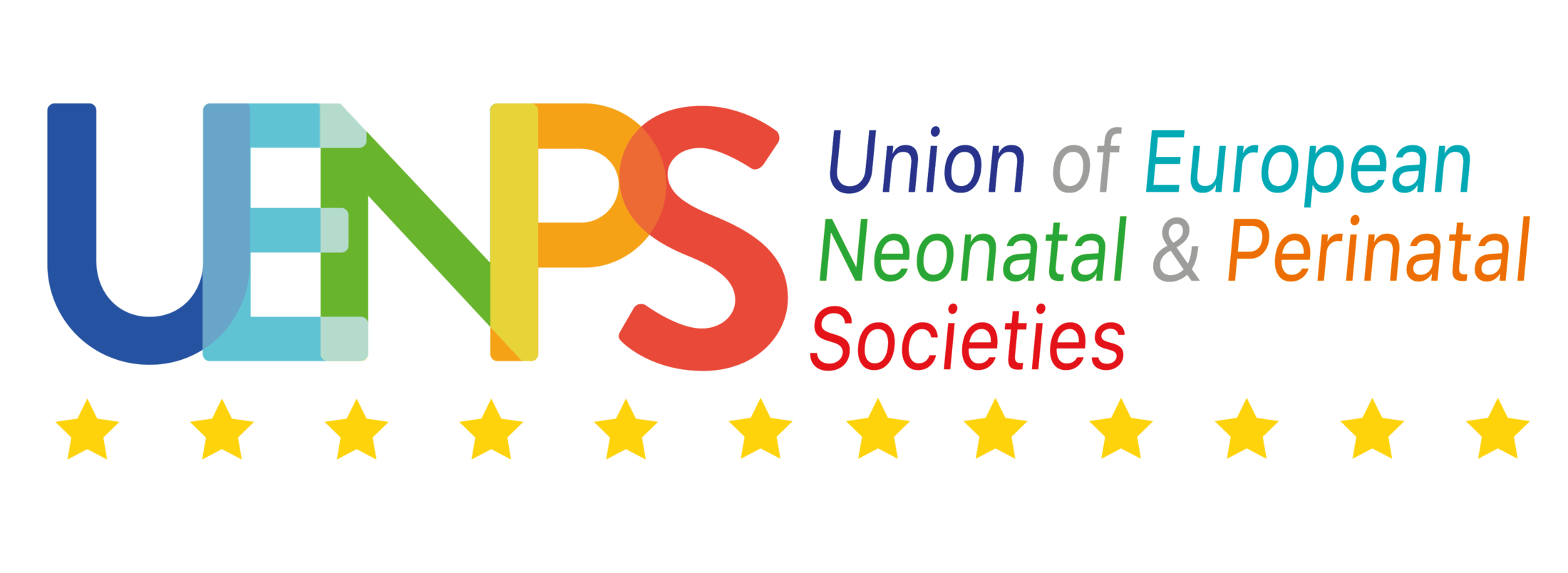
The mission of UENPS (Union of European Neonatal and Perinatal Societies) is to improve healthcare in neonatal and perinatal medicine across European countries. The main goals of UENPS are to enhance the quality of perinatal and neonatal care by integrating, coordinating, and strengthening the efforts of national and scientific societies; to promote awareness of perinatal indicators; and to develop recommendations, guidelines, and training programs for healthcare providers. UENPS also aims to implement tools and strategies that ensure the best possible healthcare for every newborn and the protection of neonatal rights, regardless of where they are born.
In line with its mission, UENPS established the “UENPS Hall of Knowledge” in 2019. Its purpose is to consolidate the society’s experience and cultural activities over the years and offer a broader educational approach to key topics in neonatology.
Website: Union of European Neonatal and Perinatal Societies – UENPS
© 2025 GFCNI. All Rights Reserved.